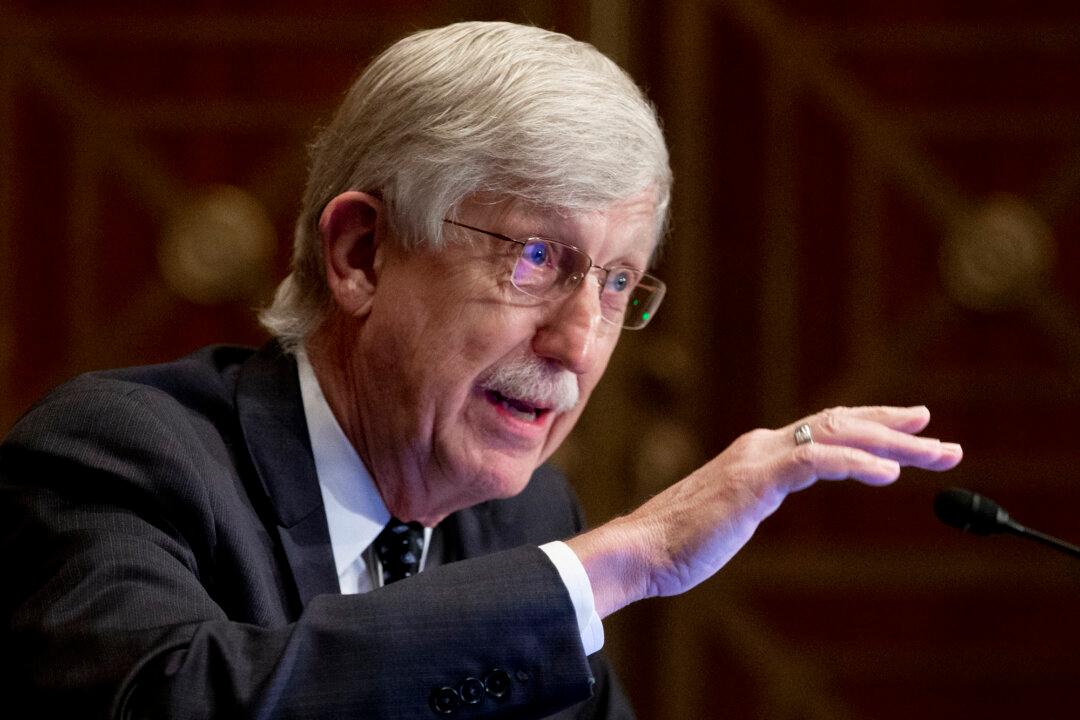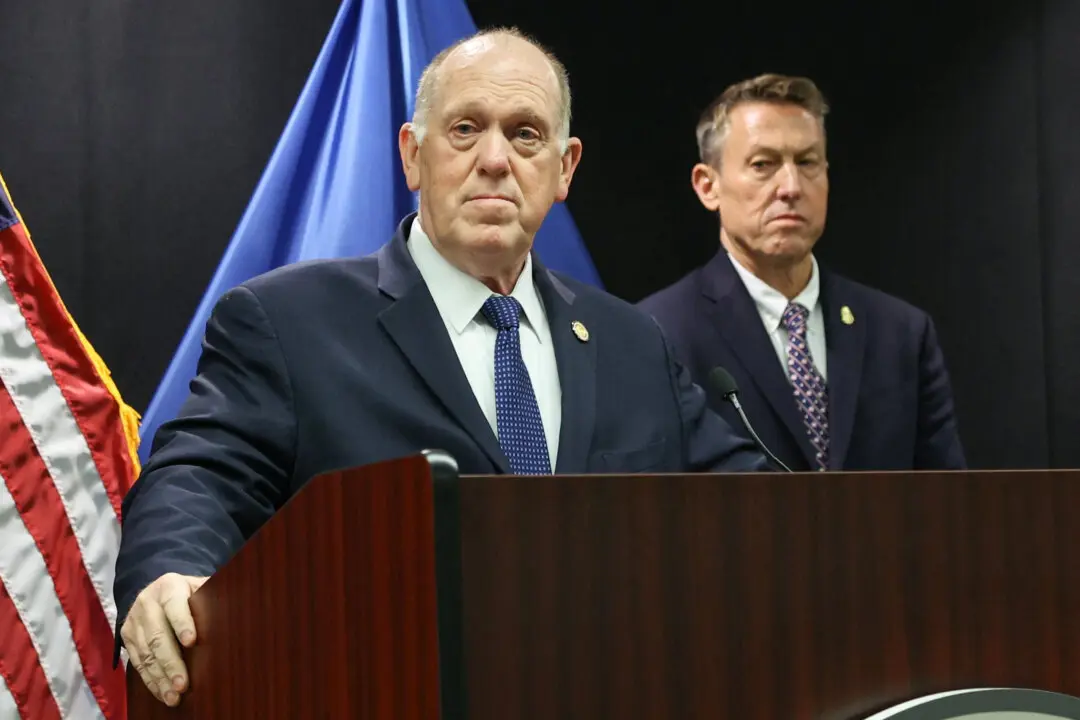The director of the National Institutes of Health (NIH) said the Food and Drug Administration (FDA) could decide in the coming weeks whether to authorize COVID-19 vaccine booster shots to more Americans in the fall.
Dr. Francis Collins told “Fox News Sunday” that FDA officials are reviewing U.S. COVID-19 cases and vaccines “almost daily,” stipulating that no decision has yet been made.





